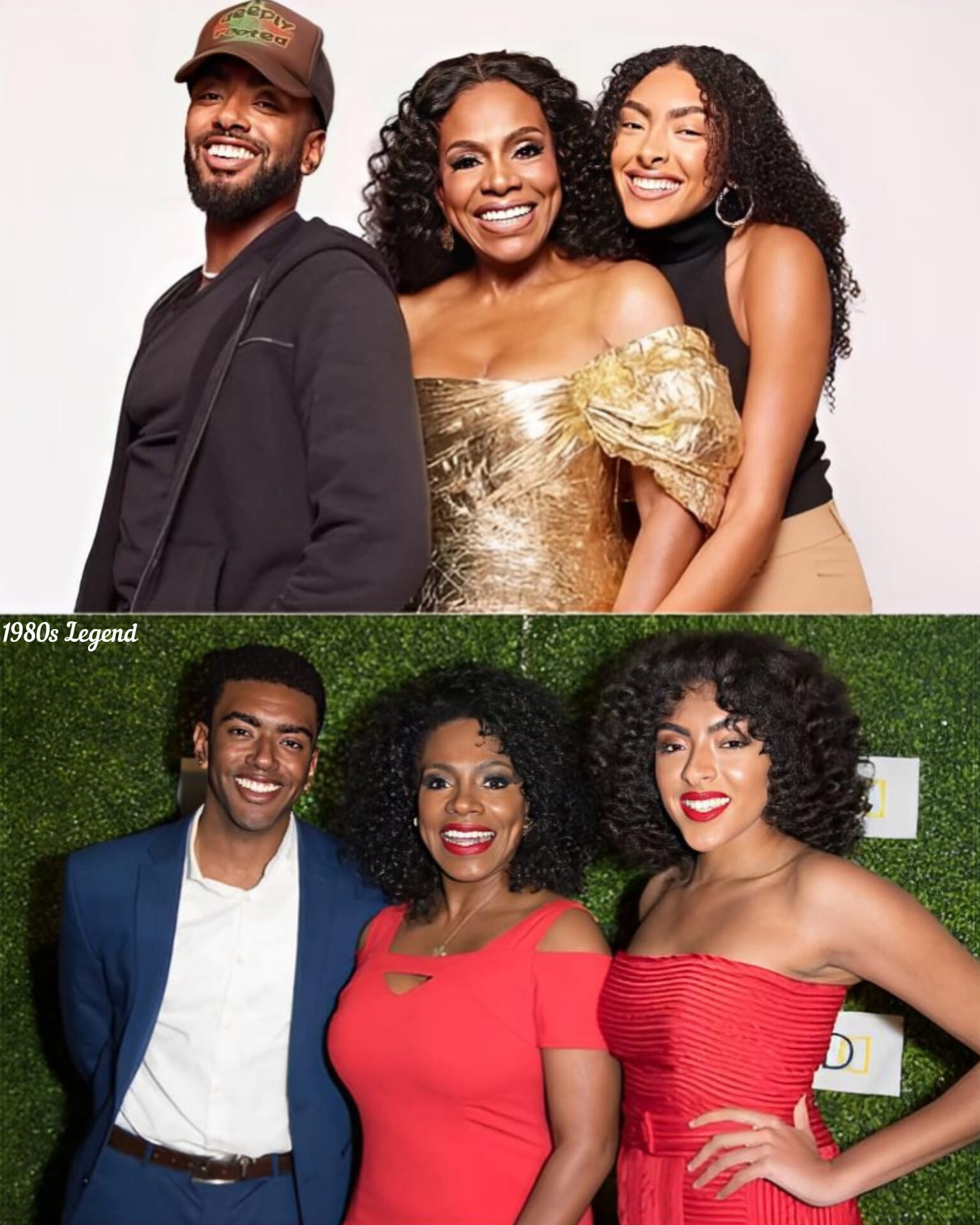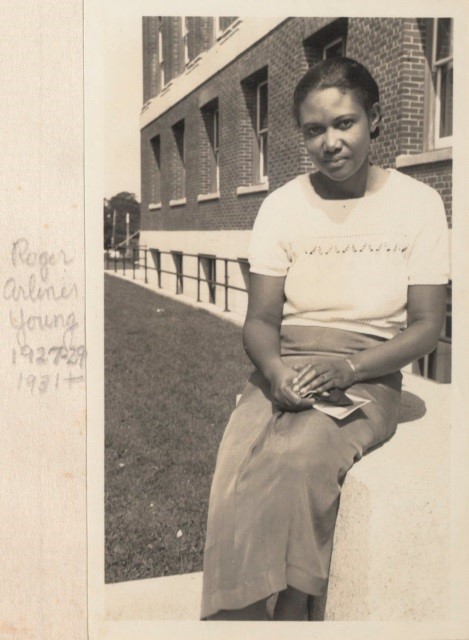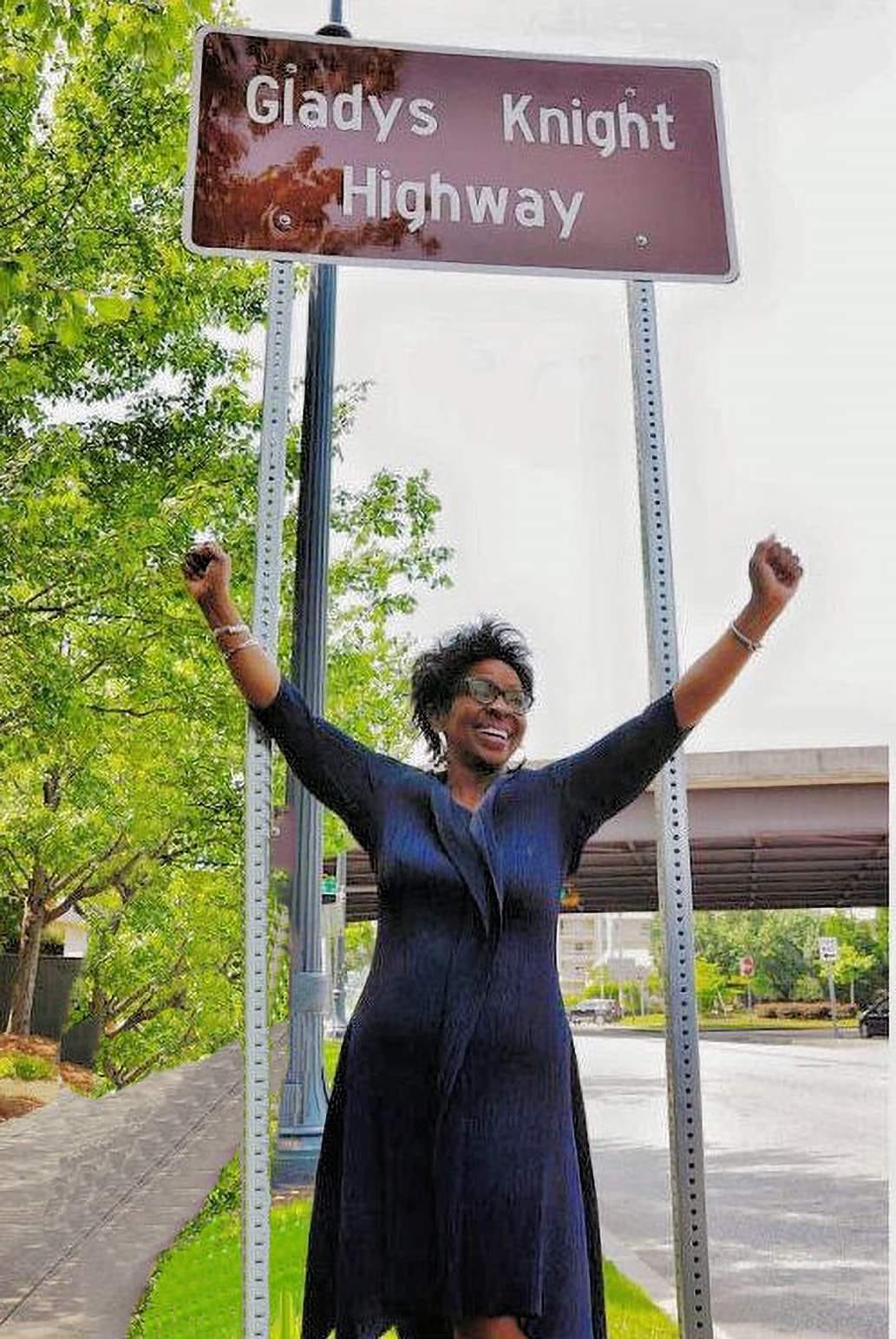esla CEO Elon Musk says there is “universal consensus” on the need to regulate artificial intelligence after the tech giants’ bosses gathered in Washington to discuss artificial intelligence.
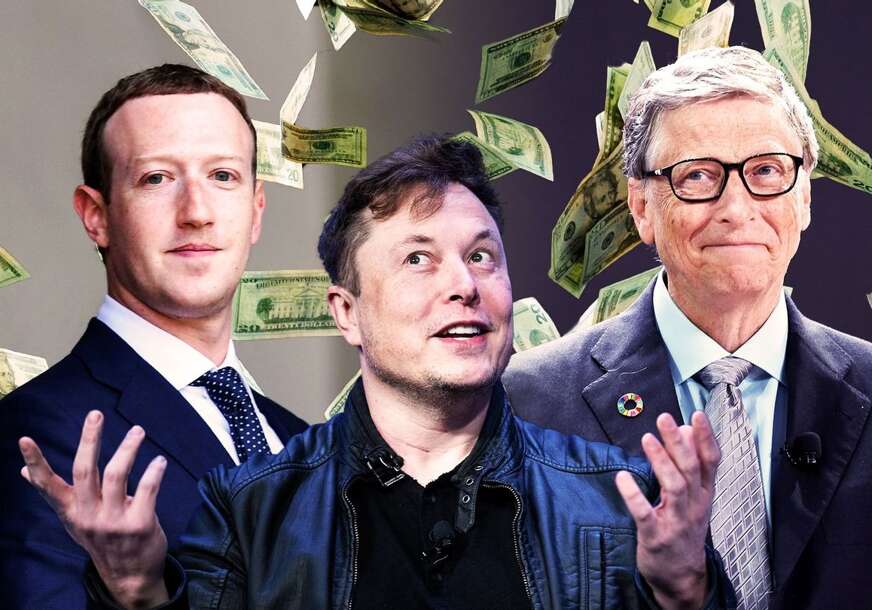
Mark Zuckerberg from Meta and Google boss Sundar Pichai also attended the meeting. Microsoft’s former and current CEOs Bill Gates and Satya Nadella were also at the meeting.
Yesterday’s meeting with US lawmakers was held behind closed doors. The meeting was called by the leader of the majority in the Senate, Chuck Schumer, and the heads of the tech giants, as well as civil rights advocates, were invited.
The power and advantages of artificial intelligence, as well as potential dangers, are the subject of great interest among scientists around the world. In May, Sam Altman, CEO of OpenAI, the company behind ChatGPT, testified before a US Senate committee describing the potential pitfalls of the new technology.
“I think if this technology goes wrong, it can go very wrong … We want to be clear when we talk about it,” Altman said. “We want to work with the government to prevent this from happening,” he said.
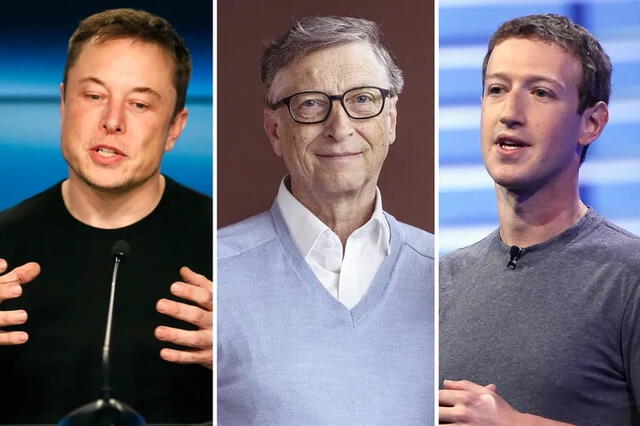
What are the dangers?
There are fears that AI technology could lead to mass layoffs, widespread fraud, and make disinformation more persuasive than ever.
Artificial intelligence companies have also come under fire for training their models on data downloaded from the Internet without permission or payment to the people who created the data.
“I think there should be a regulatory body to oversee artificial intelligence to make sure it doesn’t pose a danger to the public,” Musk told the BBC in April.
“We need a referee for AI”
Mark Zuckerberg from Meta and Google boss Sundar Pichai also attended the meeting. Microsoft’s former and current CEOs Bill Gates and Satya Nadella were also at the meeting.
Yesterday’s meeting with US lawmakers was held behind closed doors. The meeting was called by the leader of the majority in the Senate, Chuck Schumer, and the heads of the tech giants, as well as civil rights advocates, were invited.
The power and advantages of artificial intelligence, as well as potential dangers, are the subject of great interest among scientists around the world. In May, Sam Altman, CEO of OpenAI, the company behind ChatGPT, testified before a US Senate committee describing the potential pitfalls of the new technology.
“I think if this technology goes wrong, it can go very wrong … We want to be clear when we talk about it,” Altman said. “We want to work with the government to prevent this from happening,” he said.

What are the dangers?
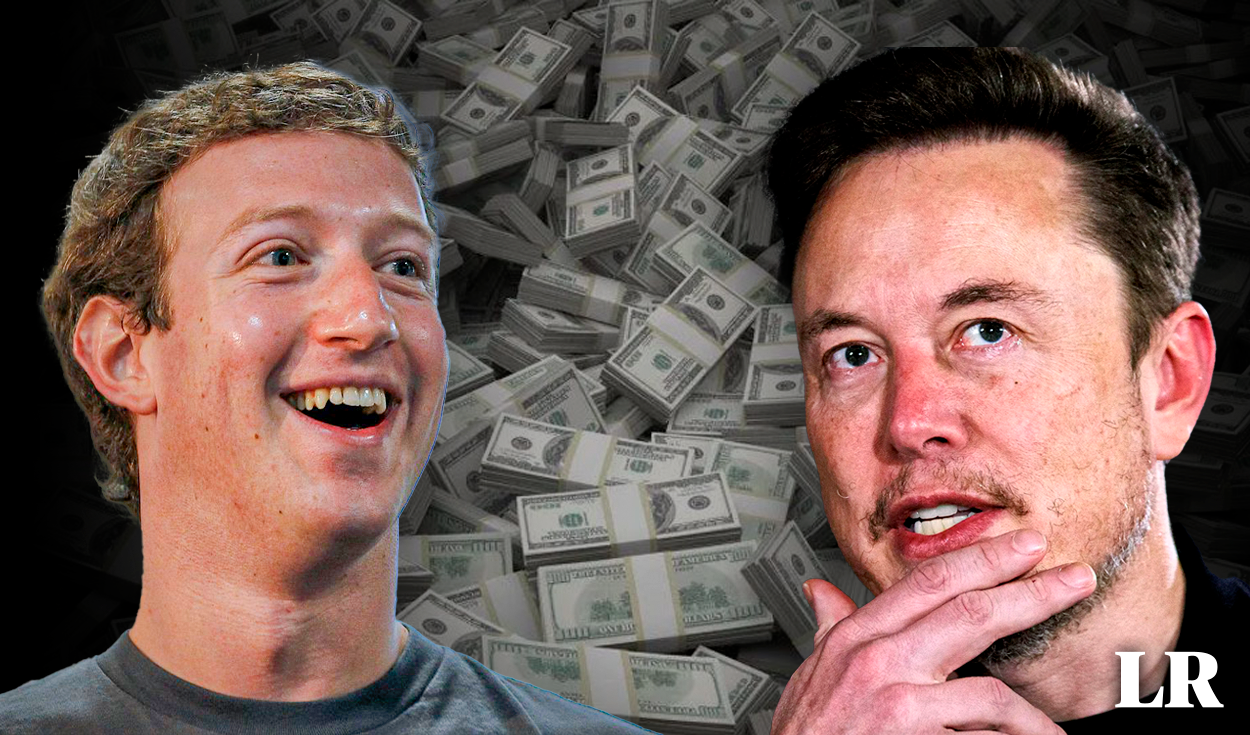
There are fears that AI technology could lead to mass layoffs, widespread fraud, and make disinformation more persuasive than ever.
Artificial intelligence companies have also come under fire for training their models on data downloaded from the Internet without permission or payment to the people who created the data.
“I think there should be a regulatory body to oversee artificial intelligence to make sure it doesn’t pose a danger to the public,” Musk told the BBC in April.
“We need a referee for AI”

At yesterday’s meeting on Wednesday, he said that he wanted a kind of “judge” for artificial intelligence. “I think we’ll probably see something happen. I don’t know in which time frame or how exactly it will manifest itself”, he told reporters after the meeting.
Zuckerberg said Congress “should address artificial intelligence to support innovation, but also safeguards.” He added that “it is better that the standard is set by American firms that can cooperate with our government to shape these models on important issues.”
Republican Sen. Mike Rounds said Congress will need time to act. “Are we ready to write the law? Absolutely not,” Mr. Rounds said. “We’re not at that point yet.”
Democratic Sen. Cory Booker said all participants agreed that “government has a regulatory role,” but that drafting legislation would be challenging.
